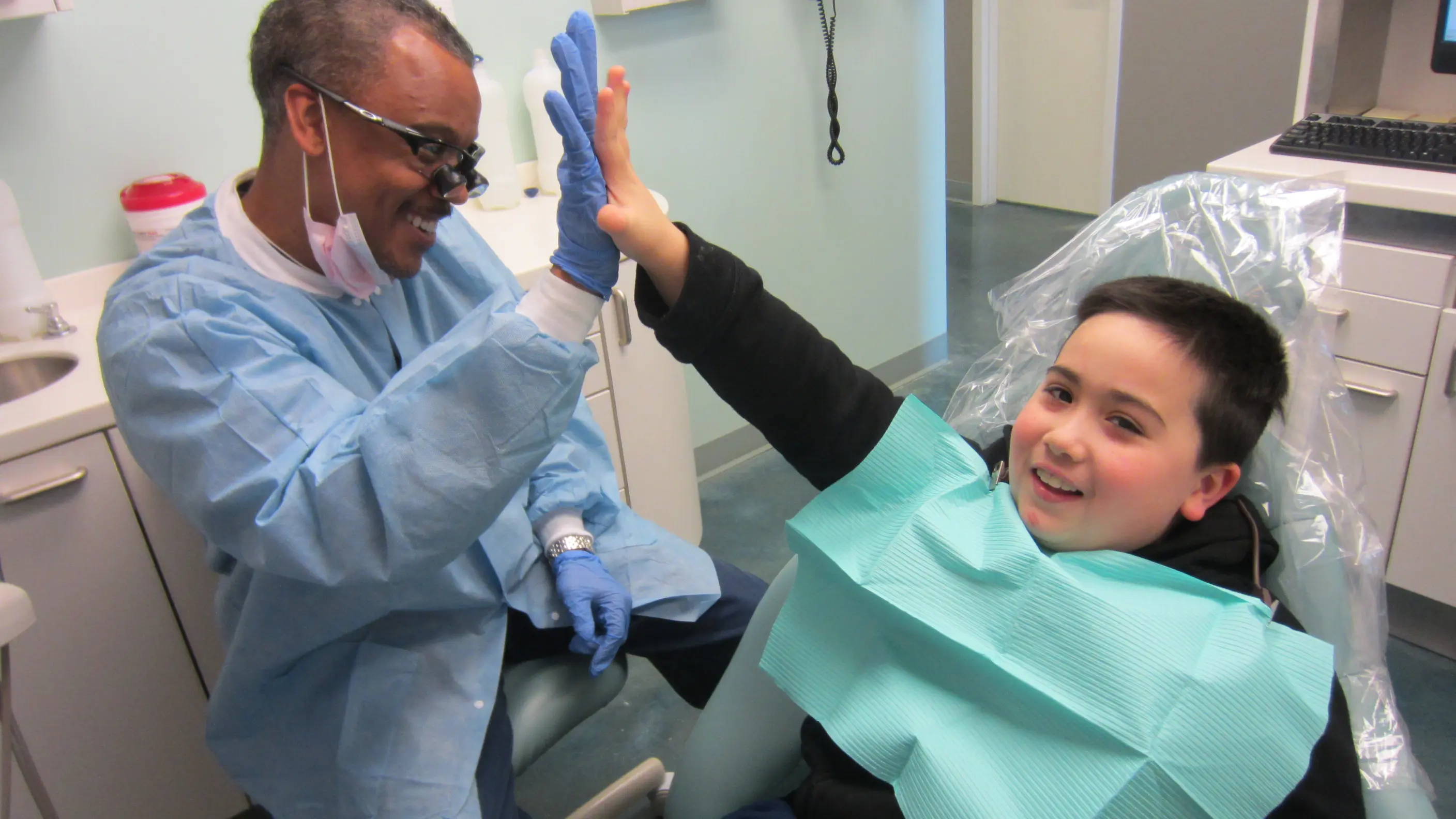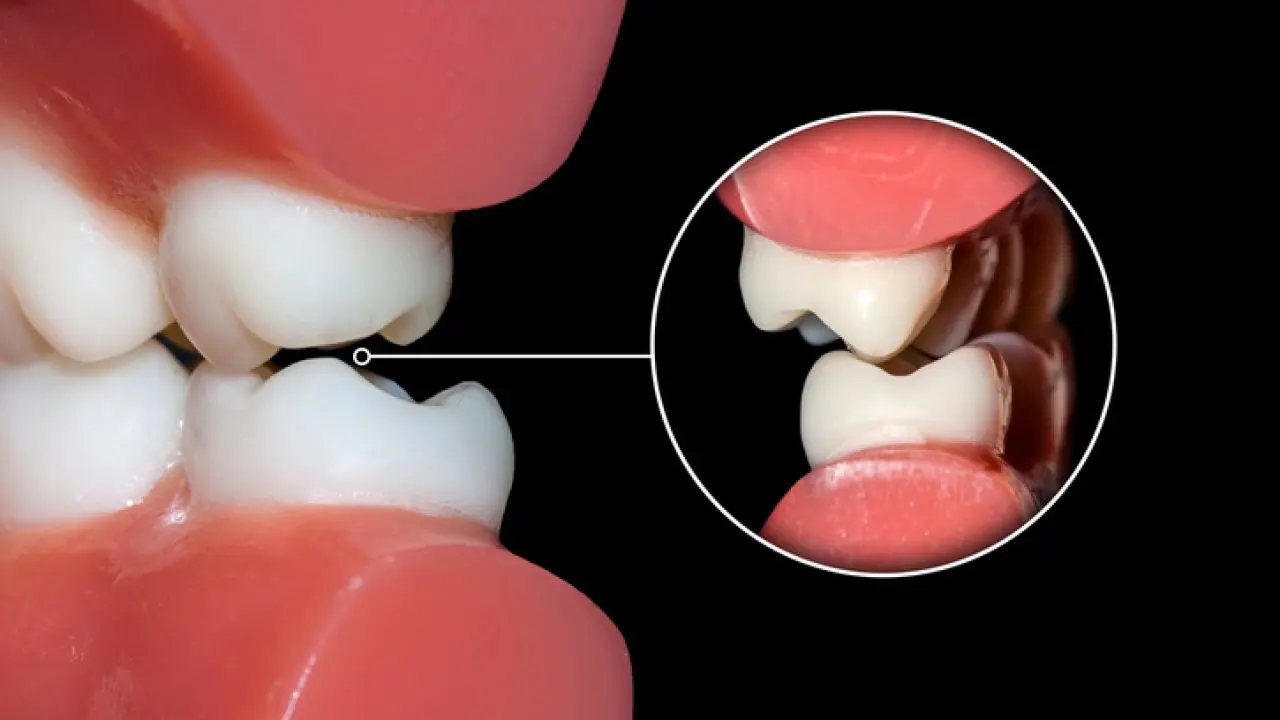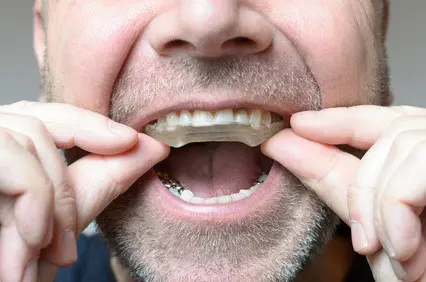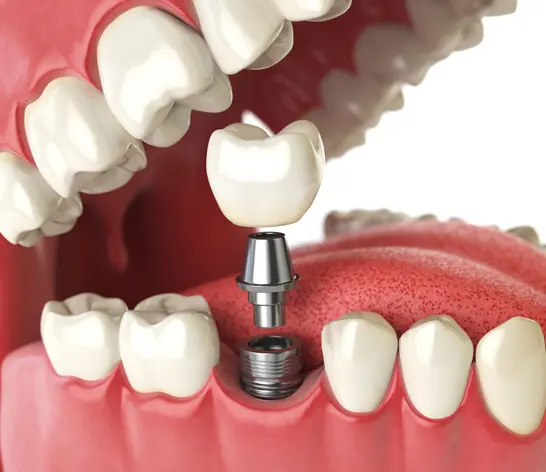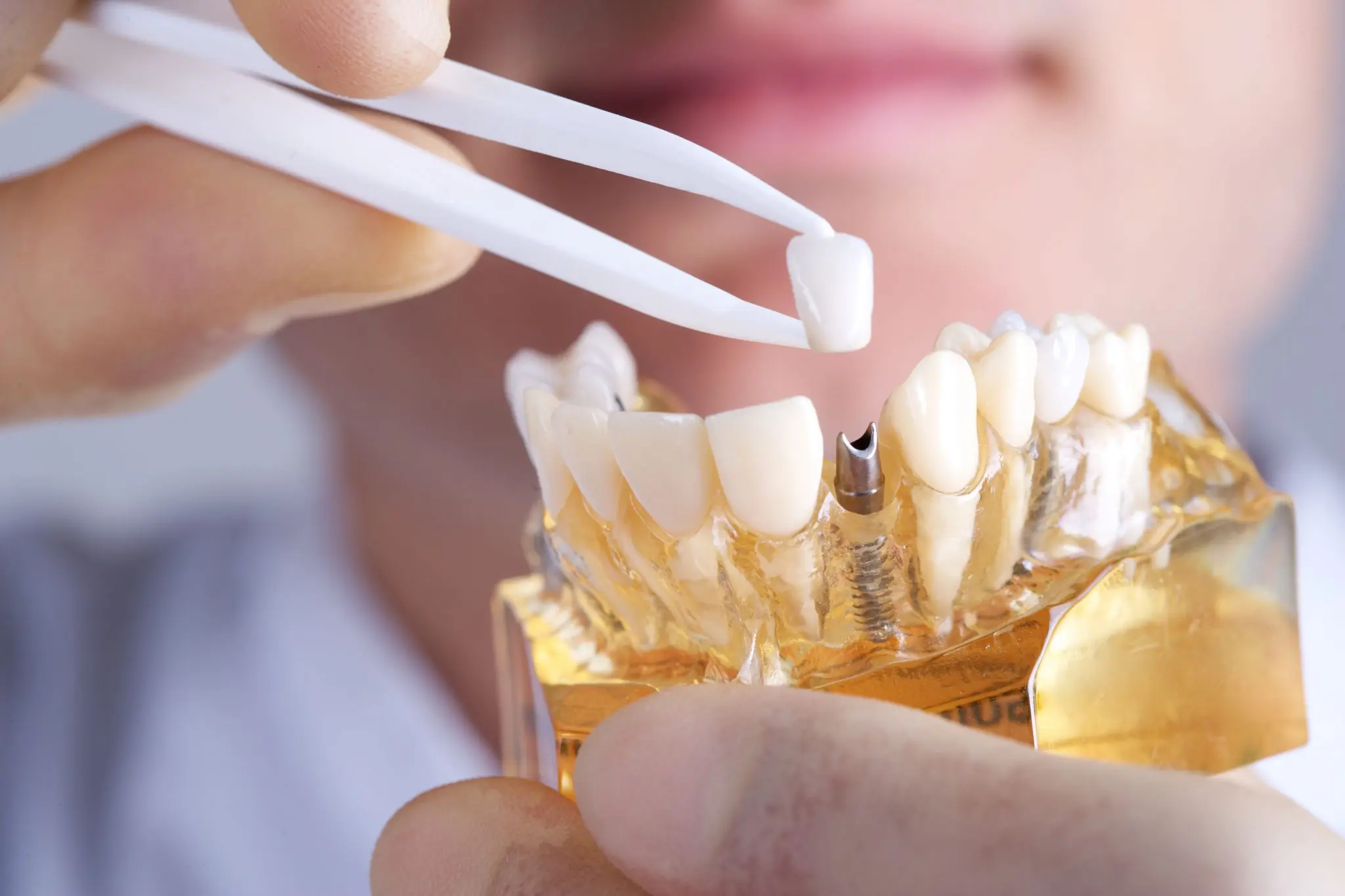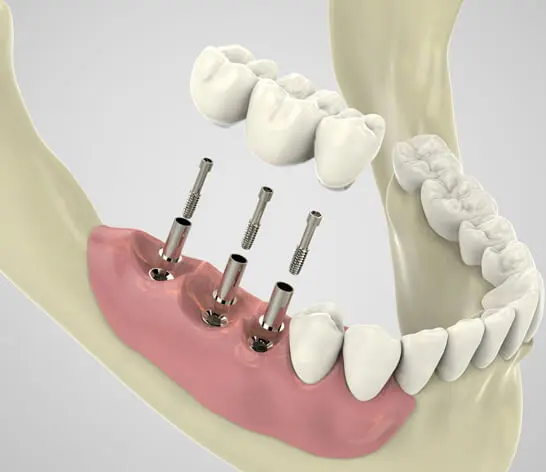One of the most important parts of our general health that is often overlooked is dental health. If ignored for a long time, a simple toothache might prolong and result in a bigger disease that you were dreading in the first place. Periodontal disease refers to the inflammation and infection of the gums and the connecting fiber that supports as well as surrounds the teeth.
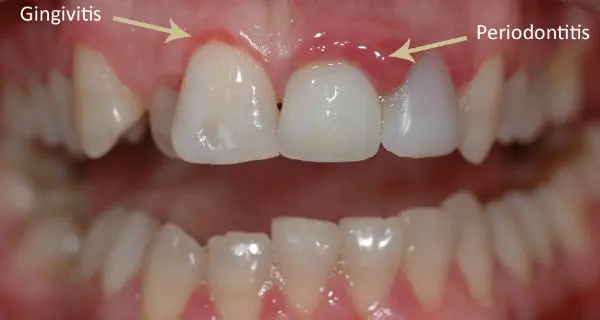
Periodontal disease is one of the main causes of tooth loss among adults who haven’t even reached their forties yet. These diseases are usually caused by bacterial plaque, which is a sticky, colorless substance that deposits on the teeth. If the plaque is not removed, it turns into calculus or tartar, which causes a lot of pain. Even though the best solution for treating your teeth is visiting a dentist, but if you don’t like the idea or think that the problem is manageable, then here are a few home remedies to help you get rid of periodontal diseases.
Increased Use Of Vitamin C
Vitamin C is one of the best anti-oxidants. It helps your teeth in repairing the connective fibers and helps in regenerating teeth bones that were being damaged. People who are deficit in Vitamin C are more prone to this disease. So, to avoid and prevent this disease from taking over your teeth, eating fruits that are rich in Vitamin C is the best remedy. Fruits such as strawberry, orange, lemon, papaya, kiwi mango and grapes promote tissue growth and help in soothing gum pains.
Increased Intake Of Vitamin D
The intake of Vitamin D is quite essential for teeth. It helps in the absorption of calcium which is why it is one of the most useful options for taking care of your teeth. It is widely known for its anti-inflammatory effects, and because of this feature, people who have an adequate amount of Vitamin D in their bodies experience fewer gum problems. The single most abundant and richest source of Vitamin D is sunlight. As recommended by experts, it is suggested that you spend at least 15-20 minutes of every day in the sunlight. Other rich sources of Vitamin D include various fish oils such as cod liver oil, salmon and eggs.
Use Of Tea Tree Oil
Tea tree oil is a natural soother and one of the best natural remedies you can take. It is proven to be quite efficient in fighting with gingivitis. It is quite effective in preventing bleeding gums and various other gum related diseases. Tea tree oil has various antibiotic properties as well and you can make pastes with the oil at home too.
Drink Cranberry Juice
Cranberry juice is a great way to protect your teeth from plaque. Drinking cranberry juice with less or no amount of sugar helps in preventing the plaque from forming on your teeth.
The key to a healthy and bright smile is taking care of your teeth and you can easily take care of them with these simple remedies at home!



